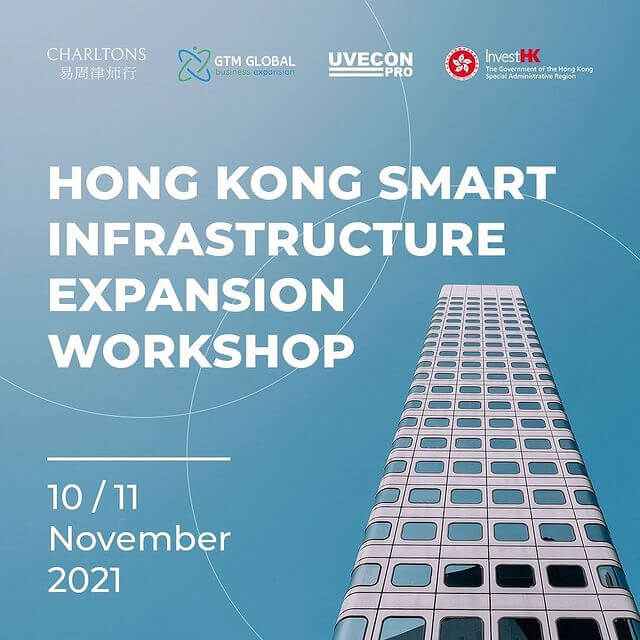What we do
Infrastructure
Charltons provides high impact advice on infrastructure transactions, including the structuring, development, financing, construction and operation of infrastructure assets. Our experience includes greenfield developments, acquisitions and dispositions, finance and restructuring, public / private partnerships, network sharing and operating agreements. Our lawyers have extensive experience with domestic and international projects in many sectors, with a focus on emerging markets, natural resources and telecommunications.
We carry out legal due diligence for infrastructure and project finance transactions, and advise on, prepare and negotiate transaction documents, including construction contracts, offtake contracts, operating and maintenance agreements, netwrosk sharing contracts, security and guarantees, and debt and equity financing agreements. We can also assist on dispute resolution and litigation relating to infrastructure and project finance transactions. Our lawyers provide an insightful and highly personalised service, building deep relationships with clients.
Our infrastructure team is composed of multilingual lawyers with extensive experience in a broad range of practices, including capital markets, corporate finance, mergers and acquisitions, and natural resources. We have represented parties on all sides of infrastructure transactions, including project sponsors, developers, lenders, investors, contractors, service providers and equipment suppliers. We fully understand the concerns of parties involved in financing, structuring and delivering on large and complex infrastructure projects, and aim to deliver smart and practical advice that balance the needs of various parties.
Charltons works with a network of law firms worldwide and has frequently instructs local counsel and coordinates multi-jurisdictional legal advice in infrastructure transactions, offering a single point of contact and integrated legal advice to the client. This network allow us to coordinate with experienced lawyers worldwide, to deliver timely and cost-effective solutions.
Arbitration is a common adjudicatory method of dispute resolution in infrastructure and construction industry.
What is arbitration?
Arbitration is a dispute resolution method where the parties agree to submit their disputes to be resolved by an arbitrator, whose award will be binding and generally final and not subject to review on merits unless expressly agreed by the parties in the arbitration agreement. Arbitration proceedings are not conducted in court, but in private, and are heard by an arbitrator rather than a judge. There are no restrictions on who may represent parties in an arbitration. The parties can choose to appoint locally qualified or overseas qualified legal advisor or non-legal representatives to represent them in an arbitration proceeding.
In addition to being private and confidential proceedings, the main advantages of using arbitration rather than litigation include the fact that experts in the relevant area can be appointed to form a panel of neutral arbitrators and that arbitration awards are, in general, more easily enforceable internationally than court judgments. Further, since the courts in Mainland China generally do not recognize or enforce foreign (including Hong Kong) court judgments, arbitration is appropriate for international disputes involving Mainland Chinese parties.
Arbitration in Hong Kong
Arbitrations conducted in Hong Kong are governed by the Arbitration Ordinance (Cap. 609 of the laws of Hong Kong), which provides the basic legal framework. The existing Arbitration Ordinance mirrors that of the UNCITRAL Model Law, which was promulgated by the United Nations Commission on International Trade Law and has been adopted or adapted in many jurisdictions around the world. The UNCITRAL Model Law (which is reproduced at Schedule 1 of the Arbitration ordinance) in effect applies to all arbitrations in Hong Kong and there is no distinction between international and domestic arbitrations.
The detailed arbitration procedure is governed by the arbitration rules chosen by the parties and is usually agreed in their arbitration agreement. The arbitrator has a discretion to adopt appropriate procedures to ensure fair and efficient conduct of the arbitration where the Arbitration Ordinance and the chosen arbitration rules are silent.

